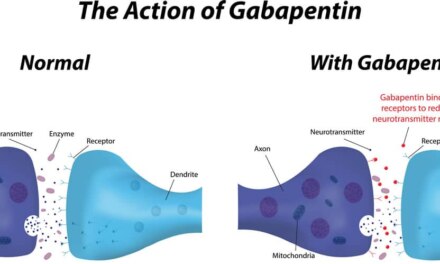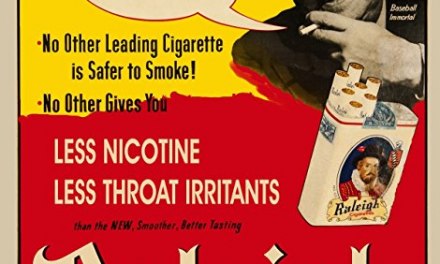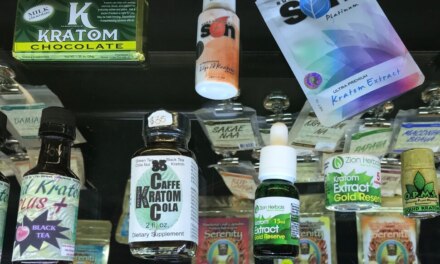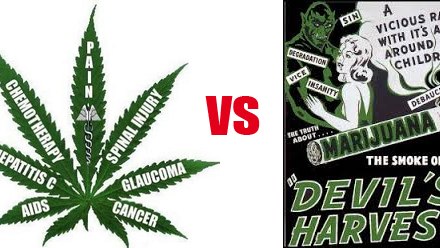Seems like when it comes to alcoholic beverages, we’re continually confronted with yet more information on how much or how little alcohol the ‘average drinker’ should consume. This latest report, courtesy of our neighbors to the North, is an example of one that has not been well-received by drinkers in the US (that’d be around 65% of us).
Canada’s New Guidelines for Alcohol Say “No Amount” Is Healthy
Subheading: “…even small amounts of alcohol can have serious health consequences.”
I like the way columnist Emma Brockes characterizes the reaction: “This information falls into the category of something-highly-negative-one-instinctively-knows-to-be-true-and-will-therefore-fight-to-the-death-to-deny.” Exactly right.
Of course alcohol isn’t actually ‘healthy’. It’s a damn toxin, people. I imagine it’s only because of our longstanding devotion to the stuff, plus the determined efforts of the alcoholic beverage industry, that we keep buying and consuming so much of it.
“But it makes me feel better, for a little while,” someone will argue. Well, yes, it does. That’s the source of its attraction. But then, so would heroin if you used it, yet most people will shy away from that.
I was interested in the surveys that suggest pronounced differences in the motives men and women cite for their drinking. Women, it turns out, emphasize using the drug to help them cope — with stress, naturally, but also with negative mood states, feelings of depression or anxiety.
Men, on the other hand, report drinking simply because they ‘like the feeling’ it gives them. No external stressors are required. According to men, they’re as likely to drink when they feel happy as when they don’t.
For the science-minded, here’s a much more detailed explanation of how drinking works, along with the real impact of alcohol on the human body (which includes the brain):
Alcohol: Tale of a Toxin. Is It Good for Us?
As one of my colleagues likes to say, “drinking may feel good to us, but it’s never really good for us.”
Which doesn’t mean we can be expected to react differently when the next expert arrives to warn about the hazards of drinking. We’ll probably just find it as annoying as the last expert’s advice.
As Emma Brockes put it: “How dare he bring his fact-based buzzkill to our slipshod and ever so slightly slurred self-justifications.”













